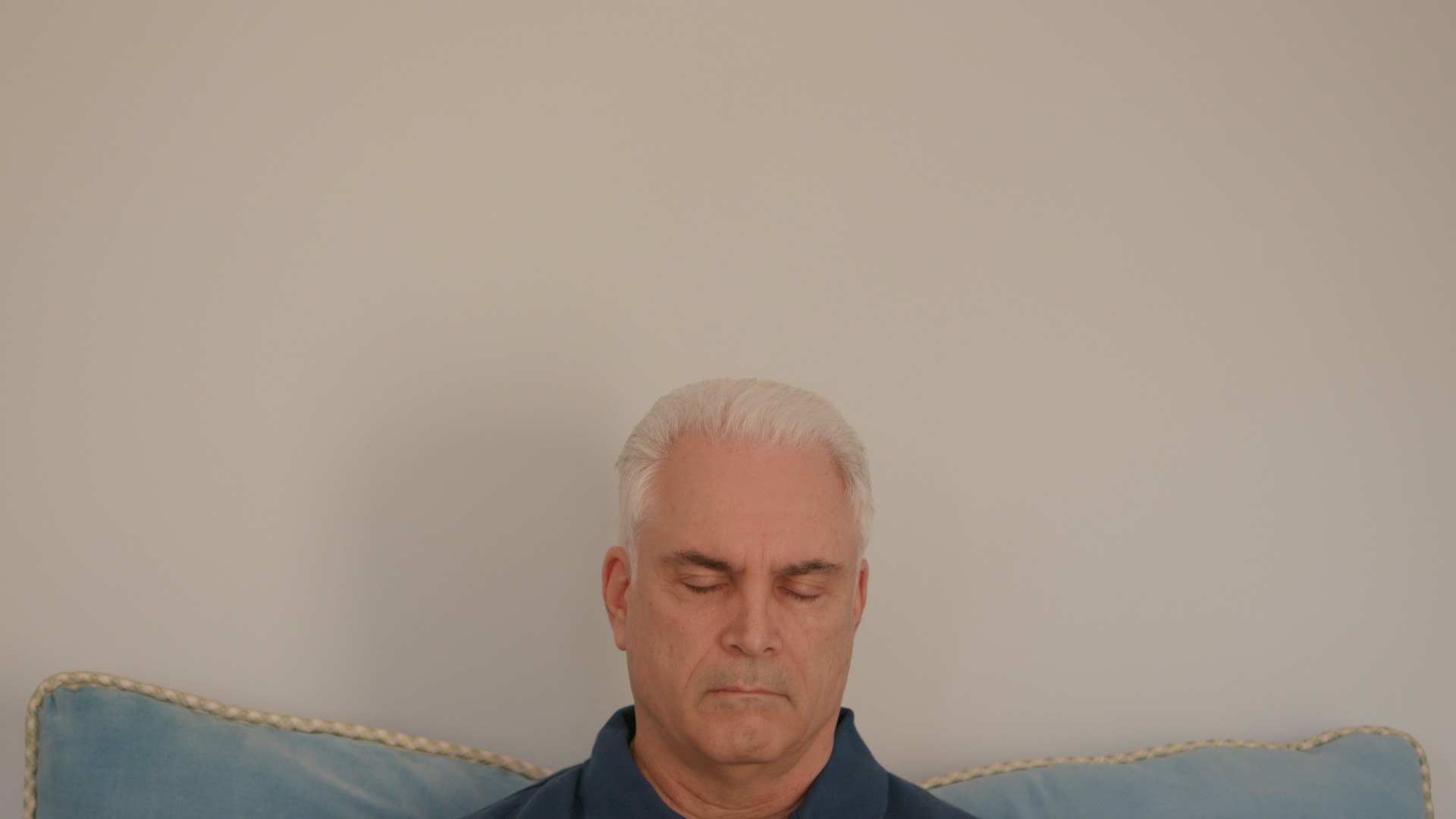Tomaz Wozniak/Unsplash
If you wanted to ensure your mind was functioning as best it could, which do you think would provide more benefits: 15 minutes of calm relaxation, or a 15 minute run? A new study involving 101 undergraduate college students suggests you’d be better off doing the latter.Evidence has already accumulated showing that relatively brief, moderate aerobic exercise—like going for a brisk walk or a jog—translates to immediate benefits for mental functioning, especially speed and attentional control. Parallel studies have also documented how similar activities can have beneficial effects on your mood, including making you feel more energetic, even when you don't expect it to. In a new paper, researchers bridged these findings by looking to see if the emotional effects of exercise might be at least partly responsible for the cognitive benefits.The researchers asked participants to rate how energetic and vigorous they were feeling, then had them complete two cognitive tests (versions of the Trail Making Test, which involves drawing lines between numbers and letters as fast and as accurately as possible). Next, they had half the participants go for a 15-minute group run around the campus, while the other participants did a 15-minute group relaxation exercise. Two minutes after the respective sessions, the students answered the same questions as before about how energetic they felt, and then repeated the tests.
More from VICE:
The students who went for a run—not the relaxation group—subsequently showed significant improvement on the version of the Trail Making Test that measures mental speed and attentional control. Moreover, this improvement in cognition was fully mediated by their increased feelings of energy and vigor, implying—although not proving conclusively—that the run boosted cognition through its effects on their subjective sense of having more energy. (The relaxation group, in contrast, felt dramatically less energetic.)Among the study's limitations was the fact the relaxation session took place indoors, while the run was outdoors. Notwithstanding this issue and some others, and while recognizing the need for more research, Legrand and his team said that their findings “add weight to recent suggestions that increased feelings of energy may mediate the relationship between aerobic exercise and some aspects of cognitive functioning.”This post first appeared in a modified format on British Psychological Society Research Digest. Read the original article.Sign up here to get advice and true stories about mental health in your inbox every week.
Advertisement
More from VICE:

The students who went for a run—not the relaxation group—subsequently showed significant improvement on the version of the Trail Making Test that measures mental speed and attentional control. Moreover, this improvement in cognition was fully mediated by their increased feelings of energy and vigor, implying—although not proving conclusively—that the run boosted cognition through its effects on their subjective sense of having more energy. (The relaxation group, in contrast, felt dramatically less energetic.)Among the study's limitations was the fact the relaxation session took place indoors, while the run was outdoors. Notwithstanding this issue and some others, and while recognizing the need for more research, Legrand and his team said that their findings “add weight to recent suggestions that increased feelings of energy may mediate the relationship between aerobic exercise and some aspects of cognitive functioning.”This post first appeared in a modified format on British Psychological Society Research Digest. Read the original article.Sign up here to get advice and true stories about mental health in your inbox every week.